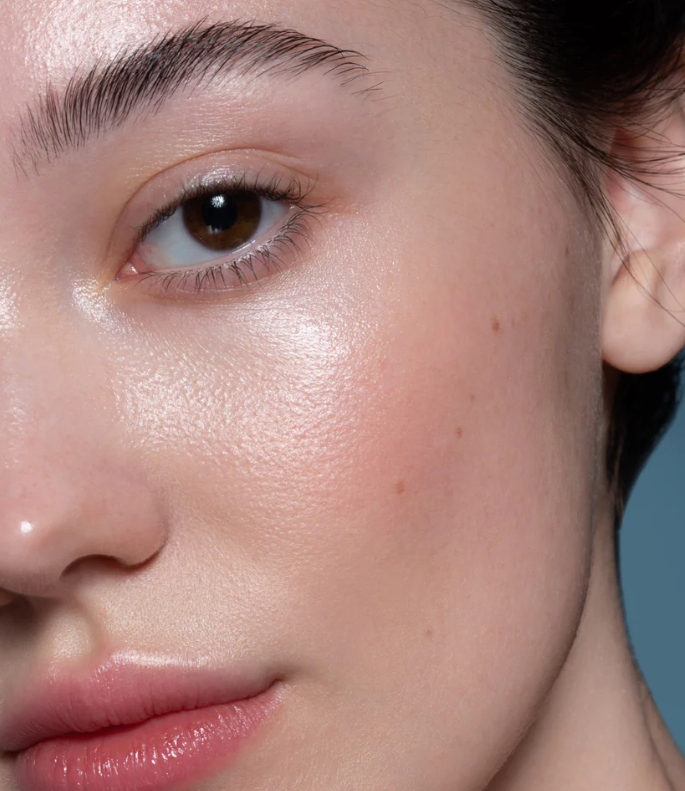
Latest News and Updates – April 23, 2025
Skincare Competition- Easter Glow up Giveaway 🐣
🐣 Easter Glow-Up Giveaway This Easter, we’re treating YOU to the ultimate in self-care – with two amazing ways to win skin-loving prizes worth up to €301! 💛 2 Ways to Win ✨ 📅 Winners announced Tuesday, 6th May! Let your glow-up journey start this Easter 💛

